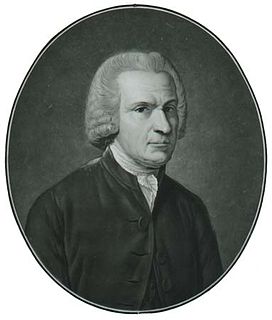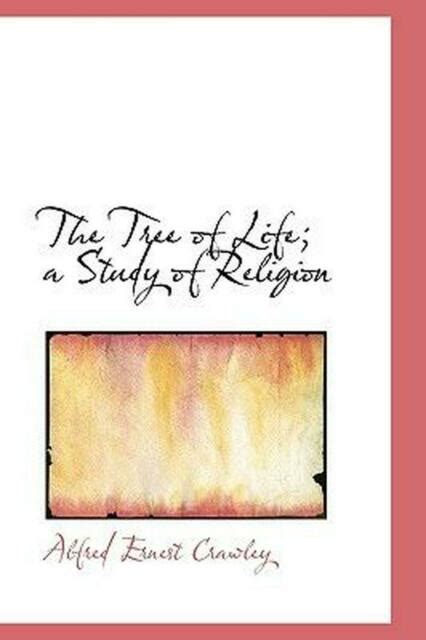A Quote by Samuel Richardson
The difference in the education of men and women must give the former great advantages over the latter, even where geniuses are equal.
Quote Topics
Related Quotes
Equal pay for equal work continues to be seen as applying to equal pay for men and women in the same occupation, while the larger point of continuing relevance in our day is that some occupations have depressed wages because women are the chief employee. The former is a pattern of sex discrimination, the latter of institutionalized sexism.
I mean, in the campaign of '24 and in '28 and '32, you know, Eleanor Roosevelt insists that women have equal floor space. And this is a great victory over time. Then she wants women represented in equal numbers as men. And she wants the women to name the delegates. And the men want to name the delegates. Well, Eleanor is absolutely furious. And because they don't want her to walk away in 1924, she wins. And this is a great political victory. She has floor space equal to the men, and she has the right to name the women.
Women want to be free to choose from the same range of options that men take for granted. In our quest for equal pay, equal access to education and opportunities, we have made great strides. But until women can move freely and think freely in their homes, on the streets, in the workplace without the fear of violence, there can be no real freedom.
Social science and humanities ... have a mutual contempt for one another, the former looking down on the latter as unscientific, the latter regarding the former as philistine. ... The difference comes down to the fact that social science really wants to be predictive, meaning that man is predictable, while the humanities say that he is not.
The difference between a man who faces death for the sake of an idea and an imitator who goes in search of martyrdom is that whilst the former expresses his idea most fully in death it is the strange feeling of bitterness which comes from failure that the latter really enjoys; the former rejoices in his victory, the latter in his suffering.






































